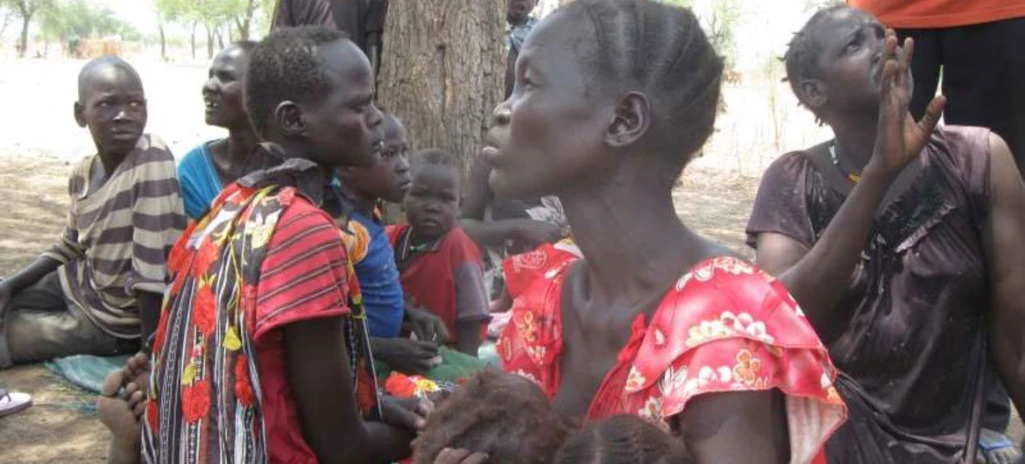
The UN has warned that over seven million of South Sudan population will have nothing to eat in the coming few months. The integrated food security phase classification which was released on Friday, say 62.7 percent of the population will run out of food between April and July this year.
The areas affected includes Jonglei, Unity, Upper Nile, Lakes, Warrap and Kapoeta East states. The report says 1.3 million are children under the age of 5 will also face acute malnutrition across the country.
They says factors contributing to the looming hunger climatic shocks, such as floods and drought, conflict, economic downturn, displacement, and disrupted livelihoods.
The government, Food, and Agriculture Organization (FAO), UNICEF, and World Food Programme (WFP) made a joint statement. They say immediate humanitarian assistance and livelihood support are needed to save lives in the worst affected areas.
Meshak Malo, the FAO Representative in South Sudan, says there is a need to produce more food. He encourages the need for investment in agriculture to help the partners find innovative ways for South Sudanese farmers.
Mr. Malo reiterates his organization’s support to provide seeds, farming tools, and fishing kits to people in urgent need of assistance.
The minister of agriculture and food security, Hon. Josephine Joseph Lagu appealed for immediate humanitarian interventions. She describes the finding as a profoundly worrying situation that needs to be addressed on time.
“Immediate scale-up of multi-sectoral humanitarian assistance is needed to save lives and prevent the total collapse of livelihoods in the affected counties, particularly those with a high share of the populations.”
The UN said the catastrophe phase 5 and emergency IPC phase 4. urgent action required for people in crisis IPC phase 3 to protect their livelihoods and reduce household-level food consumption gaps.
The minister of humanitarian affairs and disaster management Hon. Peter Mayen urged the partners to invest money in agricultural industry to empower local farmers and youth to produce food.
He believes that method will help people engage in food production and reduce humanitarian dependency and economic pressures.
The Deputy special representative of the secretary-general, resident, and humanitarian coordinator, representing the UN, Sarah Beysolow, says the government has the primary mandate to foster the country’s development.
She says the humanitarian agencies’ roles are to save the lives of the severely suffering people.
They urge the government to take the lead in developing the agriculture industry in the country.
Director of NGO Forum Secretariat, Pius Ojara, appealed to the government to improve security and infrastructure in the country, to help the small-scale farmers access markets.
“We are appealing for safety and security for the populations to return to their farms and engage in farming,”
An estimated 6.35 million people (52.6% of the population) faced Crisis (IPC Phase 3) or worse acute food insecurity in South Sudan last year.